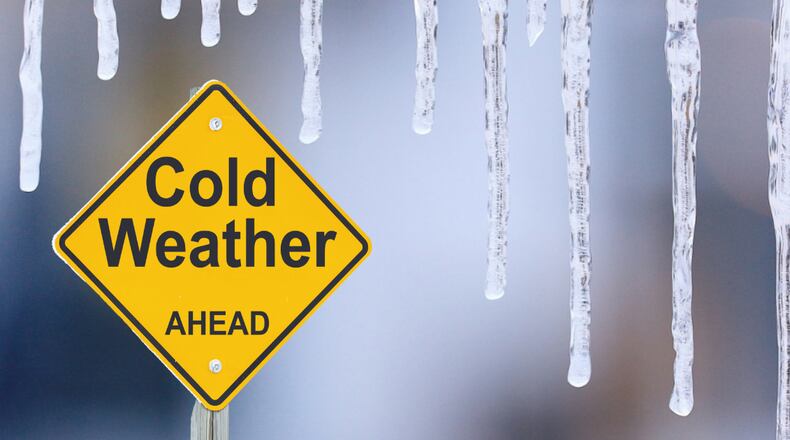Also, CenterPoint Energy is offering the following tips to ensure safety and adequate heating in the coming days:
Natural Gas
- Make sure your heating system is working properly. Malfunctioning home heating equipment can cause a fire or carbon monoxide poisoning. Check that outside furnace vents aren’t blocked by snow or ice. Keep your furnace filter clean for safe, efficient operation.
- Use space heaters safely. Use a space heater with an automatic shut-off feature, and keep children, pets and all items at least three feet away. A space heater that uses gas, propane or wood should be vented to the outside. Stoves and ovens should never be used for space heating.
- Check your carbon monoxide (CO) and smoke alarms. These devices are essential to warn you of a fire or dangerous condition involving a furnace, water heater, fireplace or stove. Test your alarms monthly and change batteries as recommended by the manufacturer.
- Immediately report a suspected natural gas leak. If you smell the “rotten egg” odor of natural gas, immediately leave on foot, go to a safe location and call both 911 and CenterPoint Energy at 800-227-1376. Don’t use electric switches/outlets, phones (including cellphones), drive or start a car inside or in proximity to the location, or do anything that could cause a spark.
- Proceed with caution when removing snow and ice around natural gas meters. Ice and snow accumulation can interfere with the proper operation of the gas meter given it needs to be able to release gas in case of a malfunction. If your gas meter is encased in ice, allow the ice to melt on its own – do not attempt to melt and/or chip the ice, as this could cause damage to the meter. Use a broom – not a shovel – to clear snow from your meter assembly and vents.
Energy Efficiency
Low temperatures also mean increased energy usage. CenterPoint Energy recommends the following for more efficient heating.
Furnace: A furnace is the largest natural gas-consuming appliance.
- Set your thermostat no higher than 68 degrees. If possible, set it at 65 degrees when you are home and 60 degrees when you are away.
- Lowering your thermostat can help you save on your annual heating costs. Installing a programmable thermostat can help you automatically control your heat usage. Add extra layers of clothing to keep warm.
- Change your air filters monthly. A dirty filter restricts airflow and can increase the operating cost of your furnace by as much as 10%. A good reminder is to change the filter each time you receive your natural gas bill.
Other appliances: Although they consume less natural gas, you can still maximize their efficiency.
- Run your washing machine, dish washer and gas dryer only with full loads.
Make your home more airtight and keep cold air outside:
- Seal leaks around doors, windows and other openings such as pipes or ducts, with caulk or weather-stripping. The most common places where air escapes in homes are floors, walls, ceilings, ducts, fireplaces, plumbing penetrations, doors, windows, fans, vents and electrical outlets.
- If it has been a while, consider adding more insulation in your attic.
- On sunny days, open draperies, blinds and shades to let the sun’s warmth in. Close them at night to insulate against the cold air outside.
Additional storm safety and energy efficiency tips can be found by visiting www.centerpointenergy.com.
About the Author

